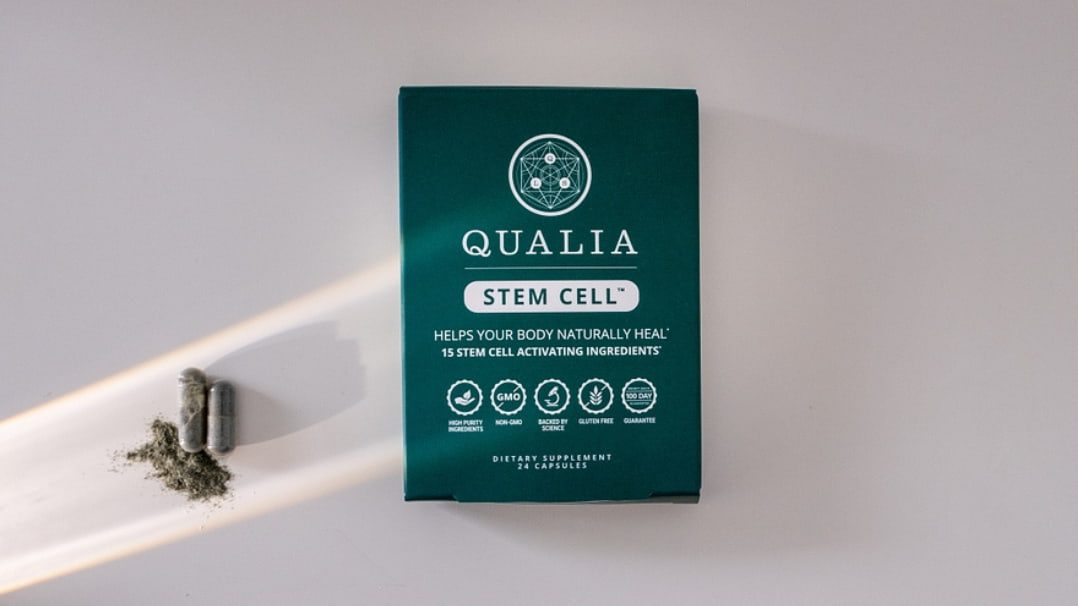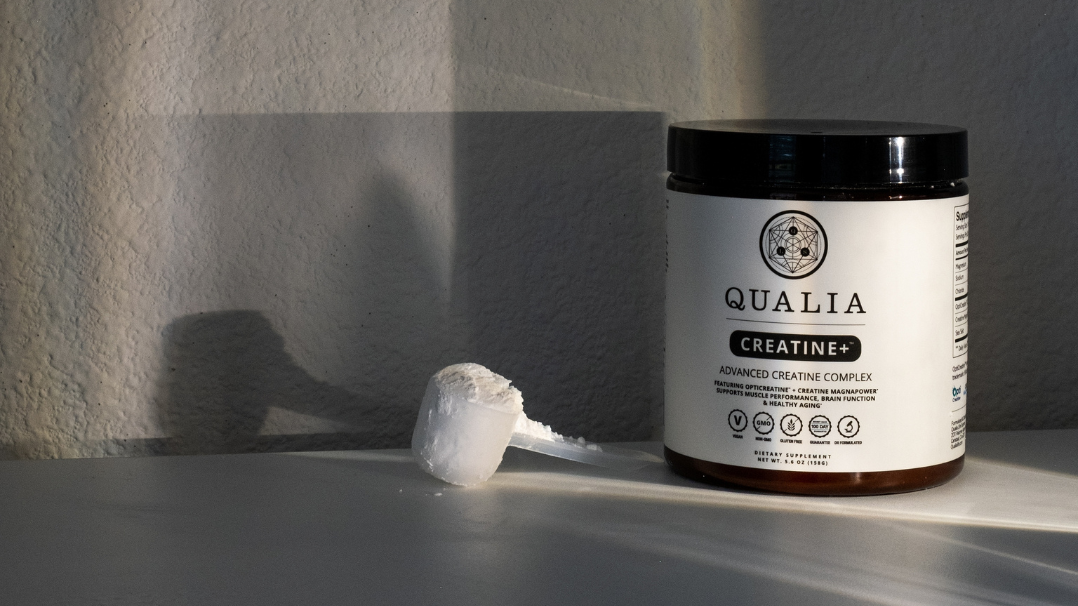Living amidst the intricate dance of cause and effect, where do our choices fit in the grand scheme of our lives? In a recent podcast discussion between Dr. Dan Stickler and neuroscientist Robert Sapolsky we dove into the complex realms of free will, determinism, and the implications for humanity's understanding of choice and responsibility.
Key Takeaways
Determinism Over Free Will: The argument that every decision is the outcome of a complex series of past events, negating the idea of free will.
The Liberating Perspective: Acknowledging the lack of free will can be a source of liberation rather than despair, fostering a more humane society.
The Role of Consciousness: Consciousness often arrives at decisions post hoc, suggesting that it may not play as central a role in decision-making as previously thought.
Determinism and the Illusion of Free Will
One might contend that free will is an illusion, a comforting narrative in the face of reality's rigid determinism. Robert Sapolsky emphasizes that understanding one's intent requires retracing the myriad of influences that mold character and circumstances, often beyond our control. He states, "All we are is the end product of the biology over which we had no control and its interactions with environments that we had no control over either."
Moving beyond the shackles of free will paves the way for a more empathetic, less retributive society. Sapolsky argues that humans have historically become more compassionate as they've understood the deterministic nature of behavior, reducing the inclination to blame and punish in favor of understanding and prevention. “Each time you subtract free will out of our view of how we work as biological organisms, it's become a nicer world, it's become more humane.”
Discussing potential societal impacts, Sapolsky posits that dangerous individuals should be quarantined—similar to a car with malfunctioning brakes—but without moral judgment or punishment. This reflects a shift from punitive justice to protective measures born from understanding deterministic influences on behavior.
Consciousness and Choice: The Spectator Within
Consciousness might not be the initiator of choices but rather their interpreter. Sapolsky notes fascinating research indicating that decisions are made in the brain even before conscious awareness. For example, our emotional responses to stimuli such as faces occur faster than conscious realization, suggesting that consciousness might "just be along for the ride."
Consciousness's role in decision-making is nuanced. While we make conscientious decisions, there's substantial evidence that much of our decision-making is underpinned by subconscious drivers. Thus, while consciousness is essential in processing experiences, it's often not the herald of our decisions.
The role of consciousness in this deterministic landscape stands not as a source of initiation but as a reflection on the actions dictated by the vast network of preceding causes. Our consciousness provides a narrative, weaving together the threads of biology, environment, and history into the tapestry of 'self' we perceive to be autonomous.
What Do You Think? Is Free Will Real?
Listening to the dialogue between Dr. Stickler and Robert Sapolsky, several thought-provoking themes emerge, challenging our conventional views on free will, choice, and conscience. Determinism suggests that our choices are not the manifestations of a free agent but the inevitable culminations of our uniquely lived histories. This framework does not negate the richness of human experience but rather reshapes it, sowing seeds of understanding and empathy over retribution.
In recognizing the interwoven timeline of influences that determine our decisions, we find a liberating truth. Freedom from the myth of free will does not leave us floundering in chaos but emboldens us to forge a society founded on compassion, where the collective effort is not to punish but to protect and where understanding supersedes condemnation.
Examining the fundamental underpinnings of our sense of choice and intent provides an opportunity for a paradigm shift, ushering in an era where the realities of determinism encourage us to approach humanity with boundless compassion and to foster a collective existence that is richer for its understandings of the deep complexities of the human condition.
Ready to explore free will in greater detail?
Listen to our podcast with Robert Sapolsky
Read Determined: A Science of Life Without Free Will
Related Links:
Behave: The Biology of Humans at Our Best and Worst
Why Zebras Don’t Get Ulcers
 Written by
Written by






